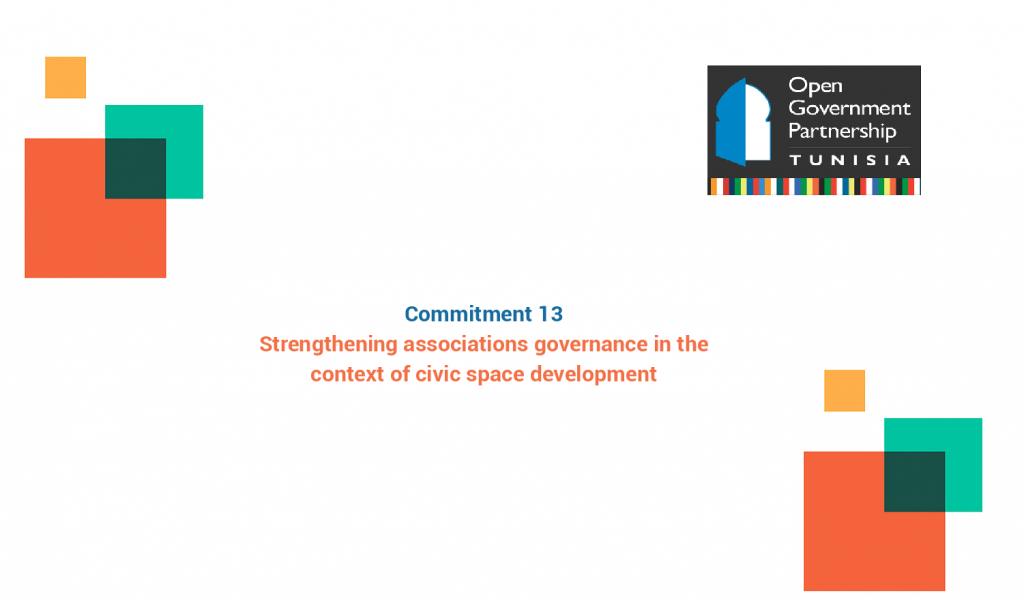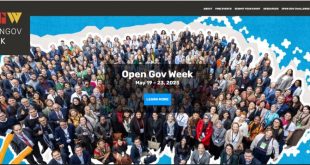
As part of the implementation of Commitment No. 13 of the Fifth National Action Plan of the Open Government Partnership (2023–2025), which aims to improve governance mechanisms within associations—key components of the civic space—through the development of a practical guide on taxation and governance of associations, enabling them to comply with legal rules and good practices, particularly in fiscal matters, several activities were carried out as follows:
1. Development of an online questionnaire
-Objective of the questionnaire: To involve associations in the development of the guide and reinforce the adoption of a participatory approach.
-Questionnaire design: Initiated at the end of 2023 by the appointed expert, revised and validated by the working team.
-Target audience: All legally active associations in Tunisia.
-Format: Electronic questionnaire published on the website of the Ifada Center for Associations.
-Communication: Through the Ifada Center’s website and Facebook page, as well as via a consultation workshop.
-Results: 54 complete and accurate responses recorded.
2. Organization of consultation workshops with associations
On March 7, 2024, a consultation workshop was held at the Ifada Center headquarters, with the participation of approximately 50 representatives from associations and relevant public entities. The workshop, led by the expert responsible for preparing the guide, was preceded by an open invitation, notably disseminated through the Center’s Facebook page.
3. Finalization of the guide
The preparation of the guide involved close coordination with the Ifada Center for matters related to relations with associations, as well as with the Directorate General of Studies and Tax Legislation of the Ministry of Finance for the fiscal components. The preliminary version was submitted to several public bodies for feedback, including the National Business Registry and the National Social Security Fund. Subsequently, a working meeting held on October 16, 2024, at the Government Presidency, under the supervision of the Civic Space Diagnostic Monitoring Team, validated the final version of the guide in the presence of several relevant public entities.
 Open Government Partnership – Tunisie Just another WordPress site
Open Government Partnership – Tunisie Just another WordPress site



